Mortal Kombat II (1993-)
Mortal Kombat II was developed by Midway Games and released in 1993, with Midway also handling its publishing. As the highly anticipated sequel to the groundbreaking Mortal Kombat (1992), this title further established the franchise’s reputation for intense, violent fighting gameplay combined with a dark, supernatural atmosphere. The game expanded on the original’s concept by introducing new characters, moves, and stages, while retaining the signature brutal combat and iconic Fatalities that became the series’ hallmark. Its blend of digitized graphics and cinematic presentation set it apart from other fighting games of the era.
Originally launched as an arcade game, Mortal Kombat II was later ported to a wide array of home platforms including the Super Nintendo Entertainment System (SNES), Sega Genesis, Game Boy, PlayStation, and PC. Each version aimed to replicate the arcade experience, though some were subject to censorship or content changes depending on the platform’s policies. Gameplay featured one-on-one fights with a roster of diverse fighters, each with unique special moves and combos. The addition of new characters and refined controls provided deeper strategic elements and increased replay value.
The game’s soundtrack featured a mix of high-energy electronic music and atmospheric sound effects that heightened the tension and drama of each battle. Composer Dan Forden created memorable themes and character sounds that contributed significantly to the game’s immersive feel. The sound design, combined with digitized voice clips and impactful visual effects, created a visceral experience that helped Mortal Kombat II stand out in the crowded fighting game market.
Building on the success of the original Mortal Kombat, Mortal Kombat II was heavily promoted through arcade networks, gaming magazines, and television commercials emphasizing its improved graphics, new fighters, and signature violent finishing moves. The game received widespread critical acclaim and commercial success, praised for its gameplay depth, visual presentation, and multiplayer appeal. It played a pivotal role in popularizing fighting games in the mid-1990s and spawned several sequels and spin-offs, including Mortal Kombat 3 and numerous later entries that continue to evolve the franchise.
Images from MobyGames
Buy Mortal Kombat II
Click one of the Ebay or Amazon buttons below to check the latest prices and purchase Mortal Kombat II for that particular platform.
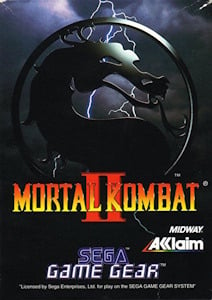
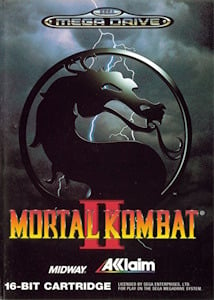
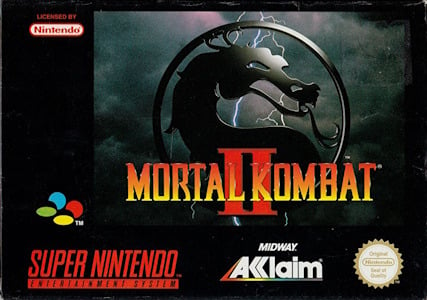
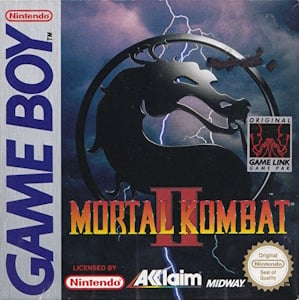
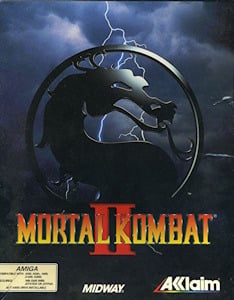
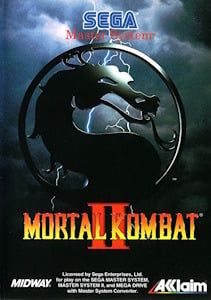
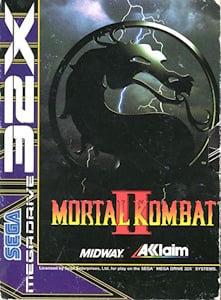
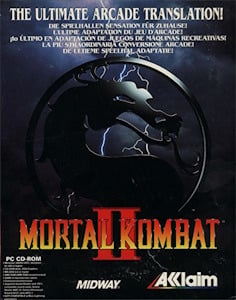
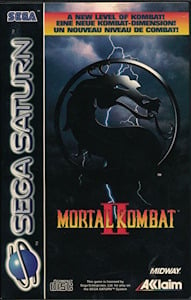
Arcade1Up Mortal Kombat Classic Arcade Machine
Click one of the Ebay or Amazon buttons below to check the latest prices and purchase the Arcade1Up Mortal Kombat Classic arcade machine.
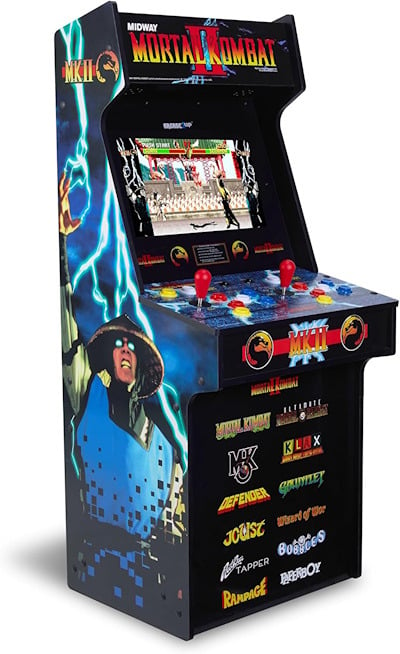
Related Searches
Mortal Kombat II is available to purchase and download from a range of vendors. Always shop....
Mortal Kombat II may be available to download as abandonware from one of the many sites that offer this...
There are various sites out there that can offer cheat codes for games. Search now to find all available...
There are many sites out there that have collated and documented historic reviews of this game. Search now...
We don't host or link to rom sites for this game. However, there are many sites out there that may be...
The initial release date for Mortal Kombat II is stated as November 12th 1993. Other ports of the game may....
Mortal Kombat II is available to purchase and download from the link(s) shown further up this....
There are multiple sites around the internet that offer visual guides to this game. Search now to find the....








